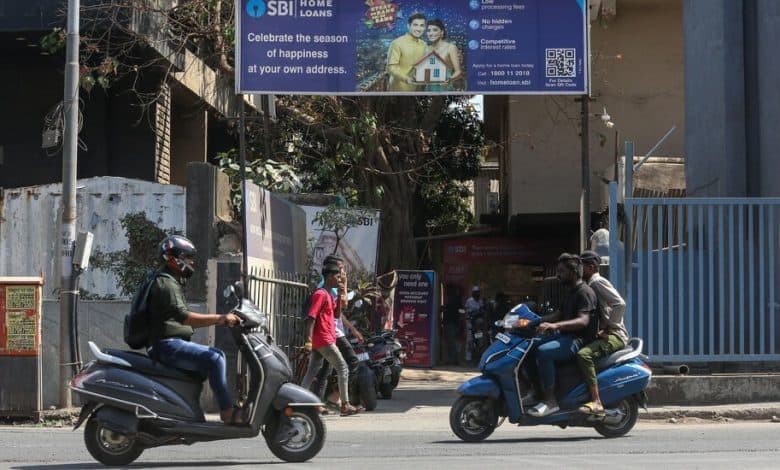Data Dump Exposes the Fuzzy Lines Between Money and Politics in India

Politics in India is an expensive business, and sometimes lucrative, too. In this year’s election, parties are expected to spend more than $14 billion — as much as in the United States. But there has been little in the way of transparency for the huge sums sloshing around.
On Thursday night, a rare and chaotic beam of light shot through the darkness. By order of India’s Supreme Court, the government-owned State Bank of India handed reams of data to the election commission, showing who had directed cash to the country’s political parties through a mechanism known as electoral bonds.
Reading between the lines of the spreadsheets full of names poses questions about the intersection of government and business in India. Construction companies, gambling impresarios, pharmaceutical bosses and many more corporate entities and individuals had forked over $1.7 billion in bonds since 2019. Many ended up winning government contracts. Most had faced trouble with the federal police.
Jairam Ramesh, a leader of the opposition Indian National Congress party, said a clear picture had emerged: that the ruling Bharatiya Janata Party of Prime Minister Narendra Modi used law enforcement agencies to extort businesses into filling its coffers.
“In my view, this is independent India’s biggest scandal,” Mr. Ramesh said. The way the country’s top law enforcement and financial crime agencies had “been used to terrify people,” he added, “it has never happened before.”
Mr. Ramesh’s party has deposited electoral bonds, too, worth at least $170 million. But Mr. Modi’s B.J.P., which controls both the budget and the federal agencies, has received nearly four times as much since 2019, more than the next six parties combined.